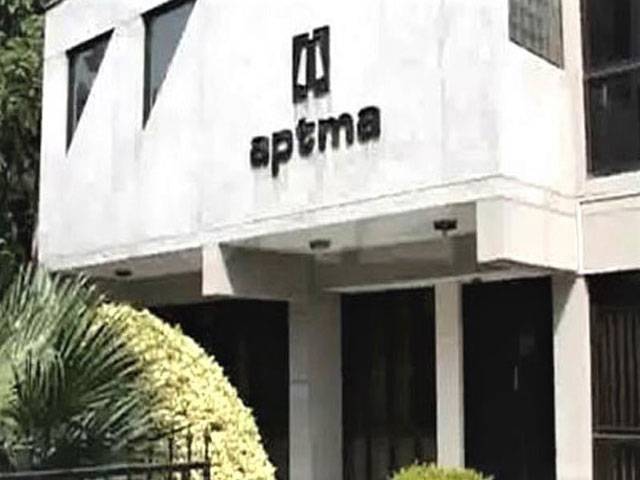LAHORE - All Pakistan Textile Mills Association (APTMA) Punjab Chairman Adil Bashir on Saturday urged the government to announce a five-year export policy immediately. Commenting on the federal budget 2020-21 here, he said the APTMA was expecting a reduction in Sales Tax to five per cent if the government was not extending zero-rated status to the export-oriented industry to resolve the liquidity crunch due to stuck up refunds. Only this one step would also bring the unorganized sector into the tax net, he added.
He said, the textile industry was demanding a reduction in the turnover tax by half to the existing level of 1.5 per cent and enable the industry to compete with regional competitors.
He said the APTMA had also asked for the continuation of energy package for export industry to ensure the provision of electricity at 7.5 cents per kWh and RLNG at US $ 6.5 per MMBTU in next budgetary year.
In the outgoing year, he said, the energy package had directly resulted in a volumetric increase of 32 per cent of textiles over the last 18 months. This significant increase in volumes had come in a highly competitive international market where unit prices of products had fallen by as much as 26 per cent, he added.
According to him, a lot of the major retail chains in the US and EU were filing for bankruptcy as a result of COVID-19 and the remaining ones were forcing up to 30 per cent discounts and delayed shipping on orders already placed and in some cases shipped.
Under the emerging circumstances, he said, continued provision of regionally competitive energy was absolutely essential if Pakistan was to continue to rely on reasonable export earnings to support its balance of payments.
Adil Bashir mentioned that government had clearly stated its intention to promote exports. The government specifically took action to overcome some disadvantages faced by Pakistani exporters such as the provision of regionally competitive energy prices, which were otherwise higher than those of regional, and competitor countries.
In the 18-month period when competitive energy prices were implemented, he said, Pakistan’s textile exports increased in real (US $ terms), even though prices per unit values of exports were lower. So even though the external environment was not favourable, textile exporters were able to compete in international markets and achieved increased exports which would otherwise have fallen by over US $3 billion per year necessitating increased borrowing. The APTMA Punjab chairman expressed the hope that the government would announce the export policy without delay to attract fresh investment in the export-oriented sector and create jobs.






